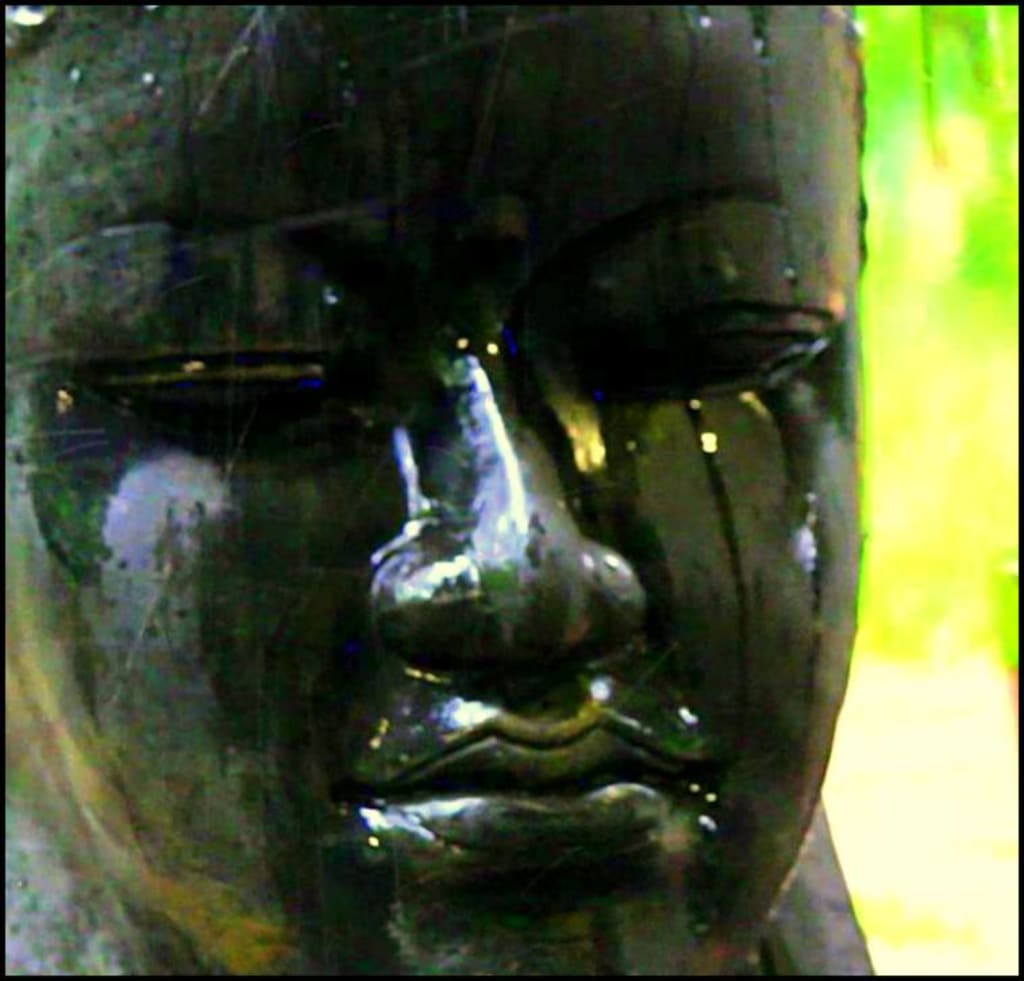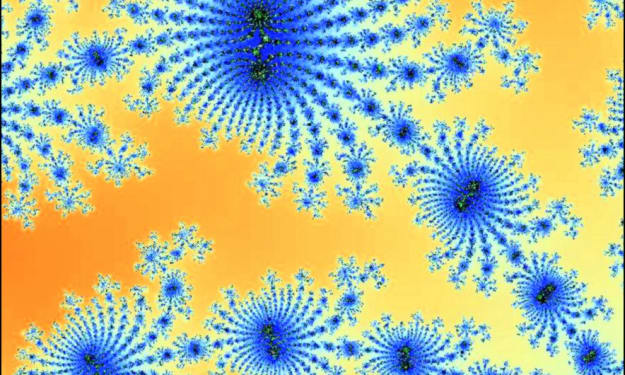WHY DOES MEDITATION MAKE ME CRY
Meditation That Makes Sense

We live in a suppressive culture. On every level our culture teaches us, from birth to death, to suppress what we feel for the greater good. To suppress our opinions in case they cause trouble. To suppress our emotions to keep things nice. And often even, to suppress our abilities so as not to stick out from the crowd.
And though for sure some emotional discipline is a part of growing up, all too often we’re not taught strategies to deal with intense feelings when they arise – particularly those of us who feel more intensely than others. We’re simply taught to suppress.
And as I said, this habit of suppression begins when we’re young – most often precipitated by the parents reactions to our first emotional outbursts When we become angry, fearful or excited in some way, our parents might tell us to ‘”stop that!”, or “control yourself!”, or “grow up!” However it comes, effectively we are being told to squash a feeling – a feeling that needs to flow so it can resolve itself.
In our child’s mind this creates confusion – after all, how do we stop something we feel so intensely? To us, the feeling seems unstoppable, so how then are we to obey our parent, and ‘grow up’?
In these first lessons of coming adulthood, in an attempt to obey our parent, we do the only logical thing to try to stop this intense emotion as commanded. We go to the only aspect of the emotion we can control – the most obvious – we go to the muscles, particularly in the face, neck and shoulders, and the breathing. We tense up against the crying, and inhibit the breathing in an attempt to stem the flow of what we feel.
We’ve all seen children trying to control their emotions – the quivering lips, the short sharp breaths high in the chest, the tense muscles in the face, the hunched shoulders, the stiff neck. How reminiscent these are of the stiff necks and shoulders and tight expressionless faces of so many adults we see around us.
And that is beginning of a lifelong habit of suppression.
Because in adulthood, many of us continue these muscular suppressive habits as a matter of course – we’ve been doing it for so long we aren’t even aware of the effort we make to not flow with what we feel.
And this cultural expectation of control leads many of us to constrict our Self expression in all kinds of ways:
We stop moving our bodies.
We stop crying or laughing too loudly.
We refrain from yelling to express our joy or our fear.
And so on.
As we get older, our habits of control, if left unaddressed, become more entrenched to the extent that we lose awareness of the increasing effort it takes to control ourselves. We forget that we are tensing our body and controlling our breath because we’ve been doing it for so long – the tension is included in our mind/body picture of what feels ‘normal’.
All we know as we age is life seems to require more effort. We feel old. The muscles in our face set, causing lines to deepen. Our mouth tightens and becomes thin and our neck, shoulders and torso lose mobility.
And right at the core of these suppressive habits of control is our control of the breath. Our childhood habit of trying to control what we feel by controlling our breath is still operating – and for this reason, the breath is central to a lot of the deep-rooted tension in our bodies – including emotional tension
So then we begin to meditate.
And what are we doing in meditation?
First and foremost, I’m asking you to let go – let go of the breath, particularly the out breath.
Also, I’m asking you to notice tensions in the body – and whenever you notice these necessary points of tension, to try to let them go.
And for some of us, this naturally will lead to the emotional energy that caused us to tighten up, to suddenly express itself. So sometimes in meditation people feel like laughing, or crying – apparently for no reason. Because the story that accompanied the tension is long gone – there is only the tension itself now. And when that tension is released, so too the emotional energy of that tension spontaneously expresses itself.
So don’t question these instances where you suddenly cry. There is no reason – no story. Just allow the feeling to flow. It’s simply the mind/body adjusting to the release of long held tension.
About the Creator
Roger Wells
Originally an Australian singer and songwriter, I am now a meditation trainer and author of various books, both fiction and non-fiction ... and I'm addicted to travelling, especially throughout SE Asia.
https://meditationmakesense.com






Comments
There are no comments for this story
Be the first to respond and start the conversation.